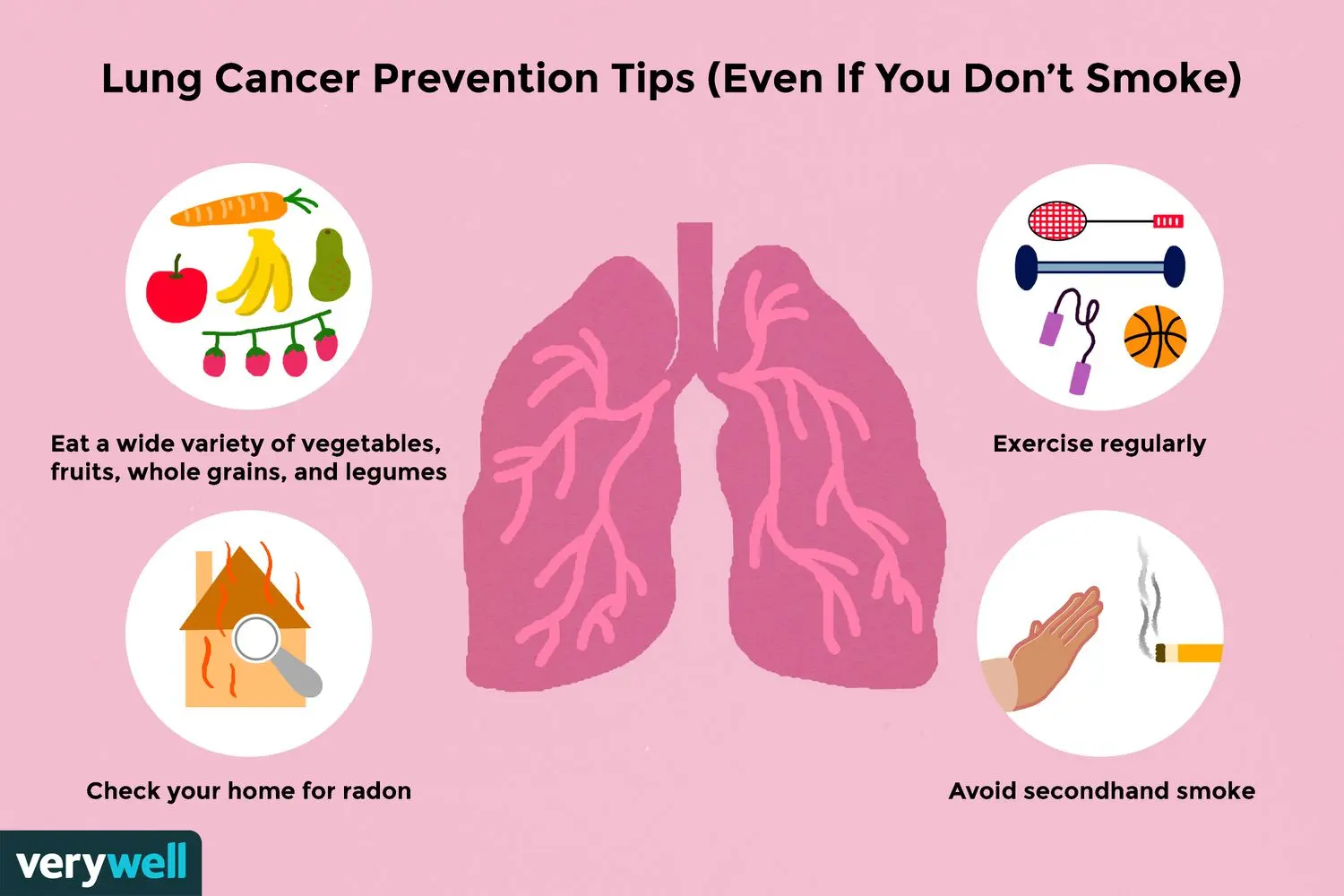Being diagnosed with lung cancer is a frightening experience, and it is commonly associated with smoking. However, it is important to note that lung cancer can also affect individuals who have never smoked. In this article, we will explore the link between lung cancer and never smoked individuals, and discuss the potential causes, risk factors, and treatment options available.
Understanding Lung Cancer
Lung cancer is a disease that occurs when abnormal cells in the lungs grow uncontrollably, forming a tumor. These tumors can interfere with the normal functioning of the lungs, making it difficult for individuals to breathe. There are two main types of lung cancer: non-small cell lung cancer (NSCLC) and small cell lung cancer (SCLC).
NSCLC is the most common type of lung cancer and accounts for approximately 85% of all cases. SCLC, on the other hand, is less common but tends to grow and spread more quickly.
The Link Between Lung Cancer and Never Smoked Individuals
While smoking is the leading cause of lung cancer, it is estimated that around 10-15% of lung cancer cases occur in individuals who have never smoked. This has led researchers to investigate other potential risk factors and causes for lung cancer in non-smokers.
Exposure to secondhand smoke is one of the most significant risk factors for lung cancer in never smoked individuals. Inhaling the smoke from other people's cigarettes can be just as harmful as smoking itself. Other common risk factors for lung cancer in non-smokers include:
- Exposure to environmental pollutants, such as radon, asbestos, and diesel exhaust
- Genetic predisposition
- Prolonged exposure to certain chemicals, such as arsenic and uranium
- Previous radiation therapy
- Family history of lung cancer
It is important to note that not all individuals who are exposed to these risk factors will develop lung cancer. The presence of these factors increases the likelihood of developing the disease, but other factors, such as an individual's overall health and immune system, also play a role.
Diagnosis and Treatment
Diagnosing lung cancer in never smoked individuals can be challenging, as it is often not suspected in this population. Symptoms such as persistent cough, chest pain, and shortness of breath may be mistaken for other respiratory conditions or ignored altogether. However, if symptoms persist or worsen, it is crucial to seek medical attention.
Diagnostic tests for lung cancer may include imaging tests, such as X-rays and CT scans, as well as biopsies to examine the tumor cells. Once a diagnosis is confirmed, treatment options will be discussed based on the type and stage of the cancer.
Treatment for lung cancer may include surgery, radiation therapy, chemotherapy, targeted therapy, or immunotherapy. The specific treatment plan will depend on various factors, including the individual's overall health and the extent of the cancer.

Living Well with Lung Cancer
Receiving a lung cancer diagnosis can be overwhelming, but it is important to remember that there are ways to improve your quality of life and live well with the disease. Making positive lifestyle changes can help manage symptoms and improve overall well-being.
Here are some tips for living well with lung cancer:
- Quit smoking: If you are a current smoker, quitting is essential to improve treatment outcomes and overall health.
- Eat a healthy diet: Consuming a balanced diet rich in fruits, vegetables, whole grains, and lean proteins can help support your immune system and overall well-being.
- Stay physically active: Engaging in regular physical activity, as recommended by your healthcare team, can help improve stamina, reduce fatigue, and enhance overall quality of life.
- Seek emotional support: Dealing with a lung cancer diagnosis can be emotionally challenging. Consider joining support groups or seeking counseling to help cope with the emotional impact of the disease.
- Manage stress: Finding healthy ways to manage stress, such as practicing relaxation techniques or engaging in hobbies, can help improve your overall well-being.
While smoking is the primary cause of lung cancer, it is important to recognize that individuals who have never smoked can also develop the disease. Understanding the potential risk factors and causes for lung cancer in non-smokers is essential for early detection and effective treatment. By making positive lifestyle choices and seeking appropriate medical care, individuals can live well with lung cancer and improve their quality of life.
If you want to know other articles similar to Lung cancer in non-smokers: causes, risks, and treatment you can visit the Oncology category.

